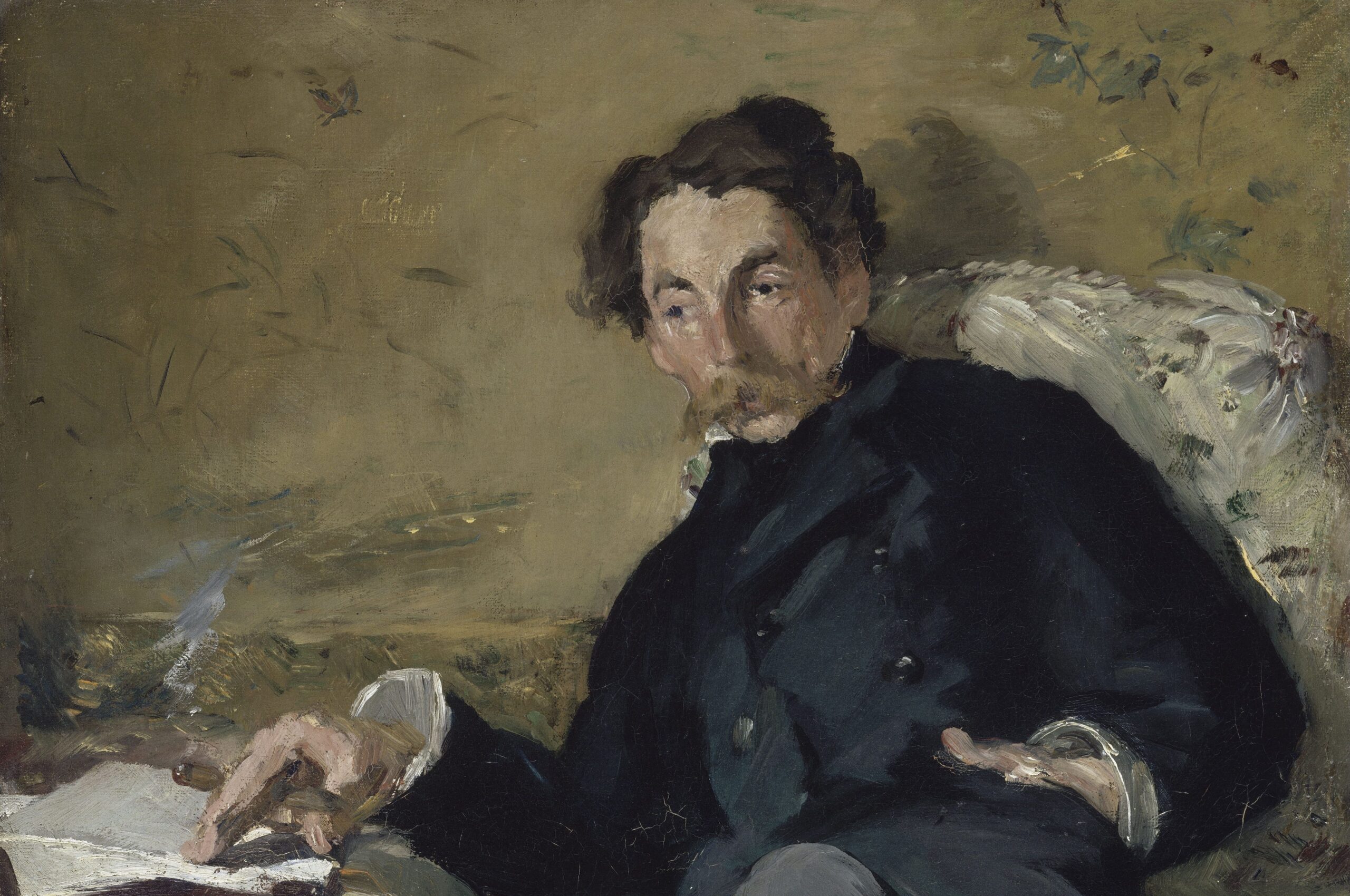Many scholars over the years have attempted to understand the true meaning of French Symbolist poet Stéphane Mallarmé’s “Un Coup De Des Jamais N’abolira Le Hasard” (One Toss of the Dice Will Never Abolish Chance), which is widely considered to be his best and most influential work.
In a recent article in New Republic, Honors College Professor Ellen Handler Spitz, responding to a new book by Yale professor R. Howard Bloch, explains how the poem was largely influenced by Mallarmé’s own life story. She writes that tragic deaths in his family over the course of his life could have played a significant role in his thinking behind the poem, written a year before his death in 1898.
“To read Mallarmé’s poetry against a backdrop of repeated unpreventable tragic human loss is to attune oneself to its elegiac aspects. Knowing this, we can better understand how, in ‘Un Coup de Dés,’ the empty space never feels empty,” Spitz explains.
Throughout the article, Spitz writes that Mallarmé grappled frequently with the world and with the grief around him by putting his feelings into words and trying to understand what was being represented.
Spitz, who is the author of six books on the arts and psychology, writes: “An overlooked gift of the poem may be its unwitting revelation that Modernism itself is haunted by loss, that is, by a rejection of traditional ways of containing emotion, however inadequate. Another may be that psychology, proffering lenses of value, deserves not to be, in literary discussions, forsworn.”
Read “The Poem that Foretold Modernism” in New Republic.
Image: ‘Portrait of Stéphane Mallarmé’ by Édouard Manet, 1876 / Wikimedia Commons.
Tags: CAHSS, HonorsCollege

